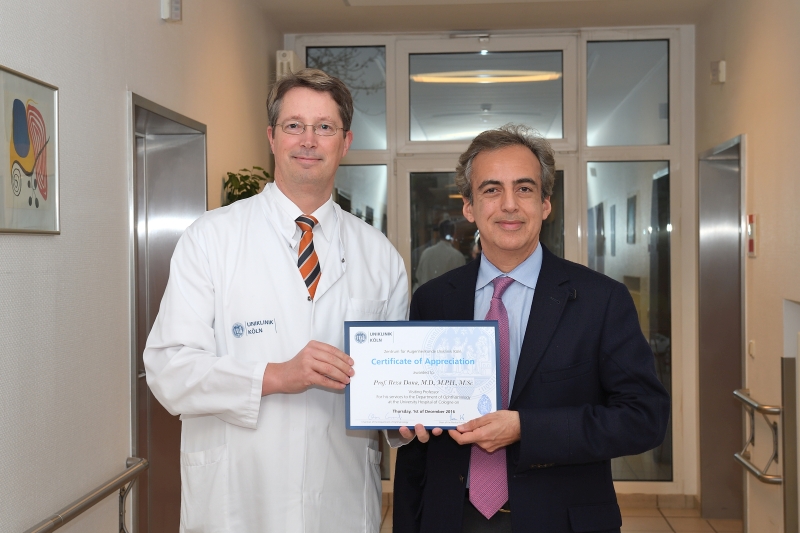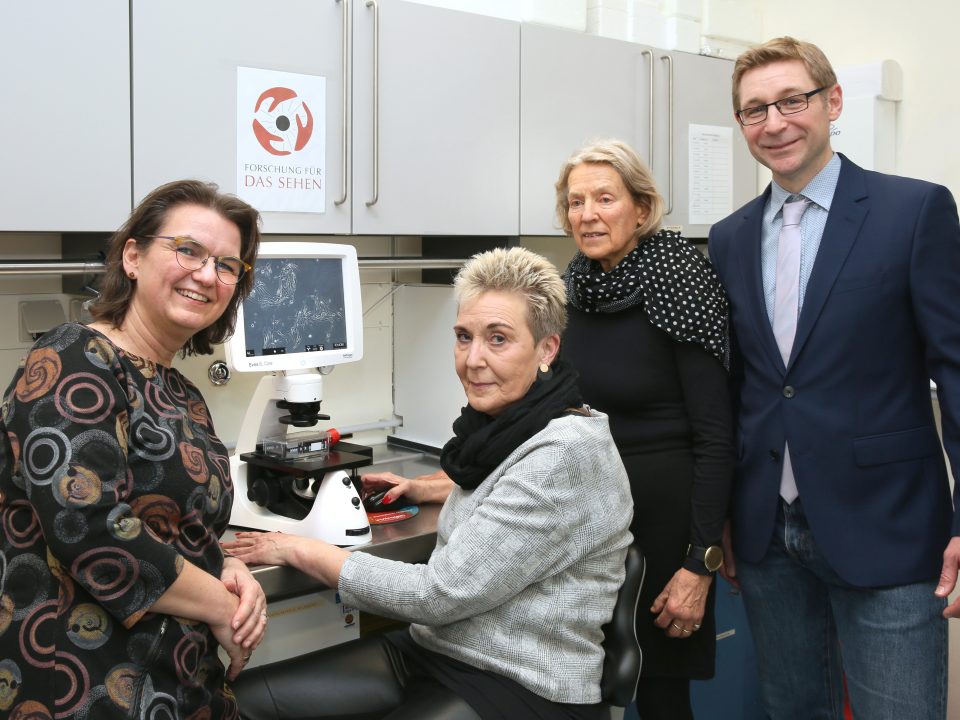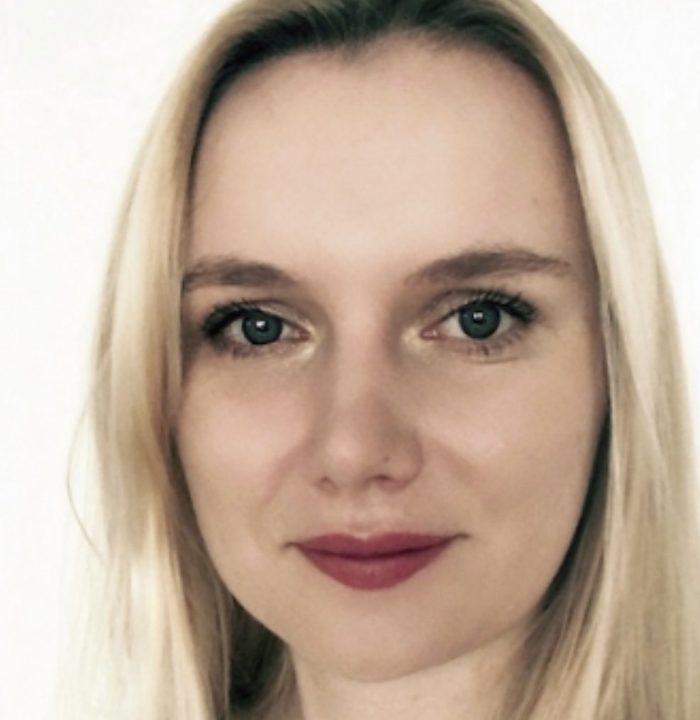Harvard ocular immunologist points to the micro-environment

On the 1st of December, 2016, the Cologne-based DFG research unit FOR 2240 “Angiogenesis, lymphangiogenesis and cellular immunity in inflammatory diseases of the eye” hosted Visiting Professor Dr. Reza Dana (photo right), who is a widely cited, prize-winning cornea expert and ocular immunologist. He holds the Claes Dohlman Chair in Ophthalmology at Harvard Medical School, is Director of the Cornea Service at the Massachusetts Eye and Ear, Senior Scientist at the Schepens Eye Research Institute/Mass Eye and Ear, and a member of the Harvard Medical School Graduate Program in Immunology (‘Committee on Immunology’). The translational research program at Massachusetts Eye and Ear that he leads has received nine Investigational New Drug permits from the United States Food and Drug Administration in just the last few years.
Dr. Dana’s main areas of research are the molecular and cellular mechanisms of ocular inflammation with applications in autoimmunity, transplantation, dry eye disease, and angiogenesis.
Numerous productive meetings with FOR 2240 leaders, scientists, and affiliated scientists were held, including ones with Univ.-Prof. Dr. med. Claus Cursiefen (photo left), the Speaker of FOR 2240, and Dr. Dana gave a lecture on “Immune regulation of the cornea and ocular surface”. One overriding theme was the active role of the cornea in responding to insult and inflammation. Several times, the importance of considering the role of the micro-environment was brought up, and thus there was a de-emphasis on the wide-spread hunt to identify types of cells that are per se “good” versus ones that are “bad”, and an emphasis on context and the different expressions of individual cells in different environments. One promising area to look at that was identified, especially for researchers who are intent on improving transplantation success, involved the differences between the periphery and center of the cornea in the rates of phenotypic changes that occur there. Further topics were corneal angiogenesis and dry eye disease. With respect to the former, the question was brought up of whether it is the epithelium itself that keeps blood vessels away from the cornea. With respect to the topic of dry eye disease, Dr. Dana addressed two main questions: (i) What are the factors that maintain TH-17 memory? (ii) What is the role of TH-1cells in dry eye disease? His answers to these questions centered on the insight that the body is designed to respond to threats quickly, and how this insight relates to when and where phenotypic changes in immune cells occur.



